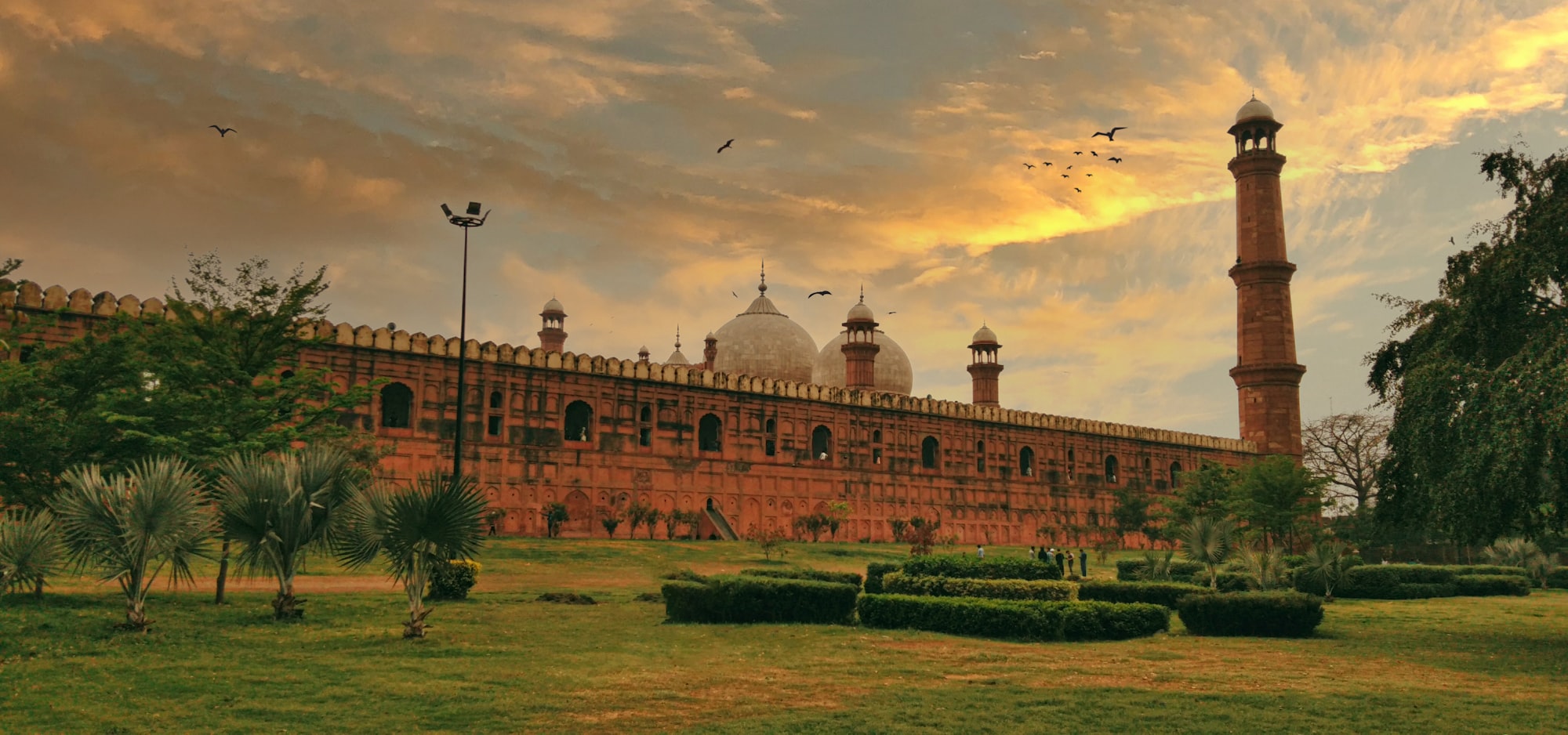Security Analysis: The Afghan Taliban on Tuesday celebrated the second anniversary of the fall of Kabul. Under their rule is Afghanistan a terrorist safe haven once again? On the face of it, the Taliban insist they are committed to denying the use of their territory by terrorist groups against other countries. However, closer examination reveals that the Taliban’s policy toward militants has three main facets: enablement, restrictions, and crackdown. Terrorist groups in Afghanistan fall into two categories: those allied with the Taliban and those opposed to the Taliban. Among the Taliban’s allies are al-Qaeda, the Tehreek-e-Taliban Pakistan (TTP), and several Central Asian jihadis. The main group of concern that’s opposed to the Taliban is the Islamic State Khorasan (ISIS-K).
(Asfandyar Mir, United States Institute of Peace)
Political Analysis: Recent statements show how closely the Taliban follow global media coverage, and how concerned they are by narratives that could undermine their own. The group’s public messaging capacity has seen a significant jump since they appropriated the former government’s state media apparatus. A recent public address by the Taliban’s supreme leader, the emir Sheikh Haibatullah Akhundzada, illuminates some trends that have emerged in the Taliban’s recent public messaging. These trends might shed light on the Taliban’s still-quite-secretive policymaking process, increasingly steered by their reclusive leader.
(Andrew Watkins, United States Institute of Peace)
Domestic Politics: Pakistan’s President Dr Arif Alvi has refused to sign and returned 13 bills approved by both houses of parliament. Among these bills is the Code of Criminal Procedure (Amendment) Bill, 2023, a piece of legislation that gave additional powers to police, empowering police to arrest a person without a warrant. Other bills returned to parliament for reconsideration include the Higher Education Commission (Amendment) Bill; National Skills University (Amendment) Bill; Import Export (Amendment) Bill; and Pakistan Institute of Management Sciences and Technology Bill. The returned bills had been passed by both houses of parliament at the end of the PML-N-led government’s term, and their fate will be decided after general elections when a new National Assembly is in place.
(Waqas Ahmed, The Express Tribune)
Domestic Politics: Signs are emerging that the Election Commission of Pakistan (ECP) is adopting a deliberate stance in refraining from promptly announcing a schedule for the upcoming general election. This approach is attributed to the commission’s engagement with legal intricacies concerning the recently sanctioned digital census. Chief Justice of Pakistan (CJP) Umar Ata Bandial on Tuesday directed the ECP to conduct delimitations transparently as it is an issue of public interest.
(Hasnaat Malik, The Express Tribune)
Special Story: As elections draws near the Pakistan establishment is working overtime to hide Imran Khan from public memory, in the latest instance the PCB (Pakistan Cricket Board) put out a video celebrating the 1992 win and cropped out the captain and refused to speak about him. Though the result of the elections is a foregone conclusion this overtime refusal of history marks an establishment which is fearful about the return of Kaptaan.

Infographic
In 2021, in Pakistan more than 80% people couldn’t afford a healthy diet. This was the peak of Covid-19 pandemic.

Opinion
As the impacts of climate change are being increasingly felt around the world, the situation is made worse by bad urban planning. Pakistan is no exception, as unplanned urban sprawl is eating into many of the country’s green spaces and natural waterways. The Malir Expressway will destroy much-needed green space and worsen the risk of floods and extreme heat in Pakistan’s largest city, writes Aamenah Yusafzai, a Karachi based lawyer.
A new expressway threatens Karachi’s largest green space: The Third Pole







